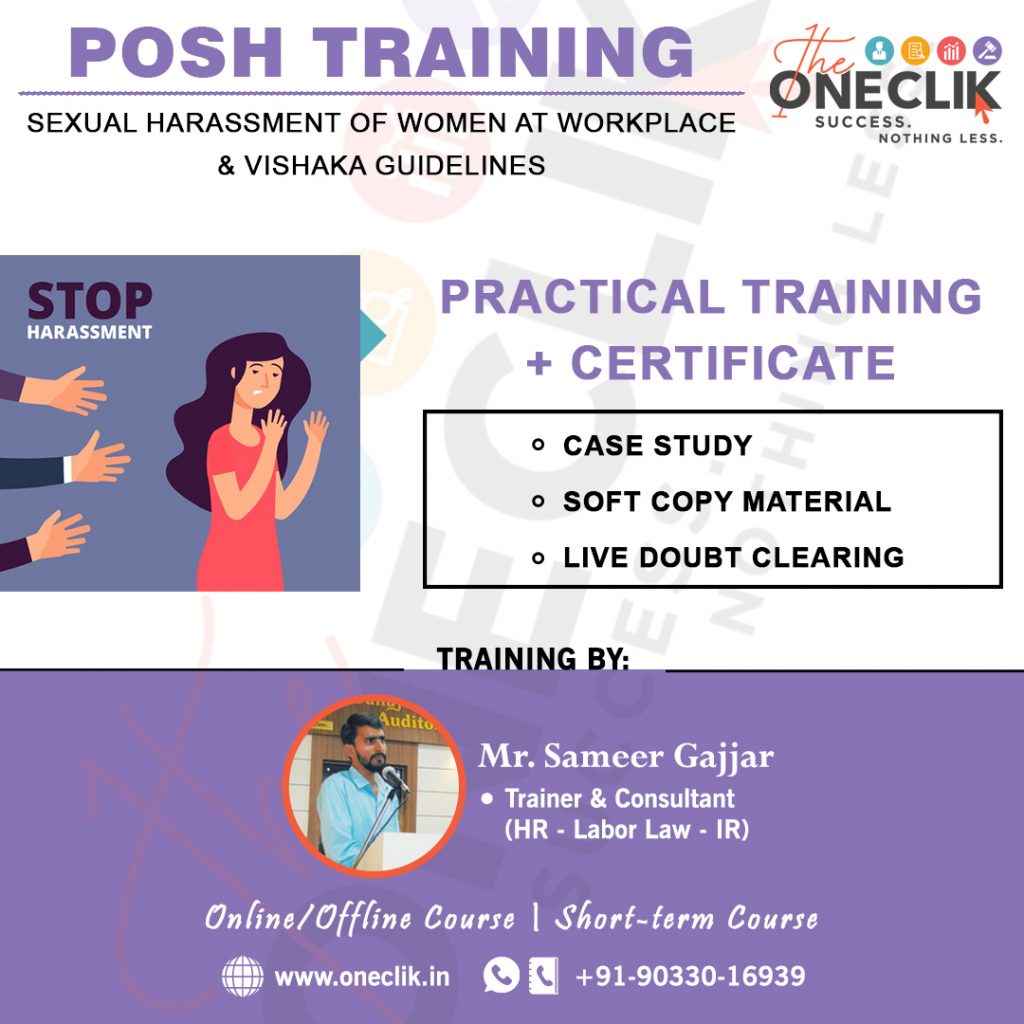![]()
The Gujarat High Court on Tuesday said that asking a woman her name, address and mobile number is inappropriate but does not amount to sexual harassment.
This ruling came after a woman in Gandhinagar lodged an FIR against a man under Section 354A of the IPC, for sexual harassment for allegedly asking for her name.
Meanwhile, the man identified as Roy submitted before the high court that the FIR filed against him is a counterblast to his complaint made against the cops for police atrocities he was subjected to on April 25.
He alleged that the police officials took away his mobile phone and deleted some of his data as well after which he made complaints on different forums about the cops and demanded action against them.
Denying the charge filed by the cops, Justice Nirzar Desai questioned the police action of booking the man for sexual harassment, saying “If someone says ‘what is your number’, it is offending, but not a good case for an FIR. Does it show any ill intention?”
The court further said, “Of course, this may be an inappropriate act by the applicant, but prima facie, this court is of the view that, if Section 354 of the IPC is read, it is in respect to sexual harassment and punishment for sexual harassment. In the impugned FIR, the offence is registered under Section 354A of the IPC and, therefore, prima facie, even if the FIR is believed to be true, the act on the part of the applicant to ask name, address etc., of an unknown woman can be said to be an inappropriate act, but would not amount to sexual harassment as per the prima facie observation of this court, looking to the facts narrated in the FIR.”
How useful was this post?
- Share review with rating here: Google Review
We are providing practical training (Labor Laws, Payroll, Salary Structure, PF-ESI Challan) and Labor Codes, Payroll Consultant Service & more:
- HR Generalist Practical Training + Certificate
- Labor Law + Payroll Practical Training + Certificate
- HR Analytics Practical Training + Certificate
- Labor Code, 2020 (Crash Course) + Certificate
- Advance Excel Practical Training + Certificate
- Disciplinary Proceeding & Domestic Enquiry – Practical Training + Certificate
- PoSH Act, 2013 (Sexual Harassment Of Women At Workplace & Vishaka Guidelines) – Practical Training + Certificate
- Compensation & Benefits – Practical Training + Certificate
- Industrial Relations – Practical Training + Certificate
- Labour Code (2019 & 2020) With Latest Updates | Labour Bill (Labour-Law-Practical-Training)
- PF – ESI Consultant Service
- Labor Law Consultant | Compliance Management | HR & Payroll Outsourcing
Get Latest HR, IR, Labor Law Updates, Case Studies & Regular Updates: (Join us on Social Media)
- Telegram Channel: The One Clik
- Whatsapp: https://wa.me/919033016939
- Facebook: The One Clik
- Linkedin: The One Clik
- Instagram: The One Clik
- YouTube: The One Clik
Disclaimer: All the information on this website/blog/post is published in good faith, fair use & for general informational purposes only and is not intended to constitute legal advice.

